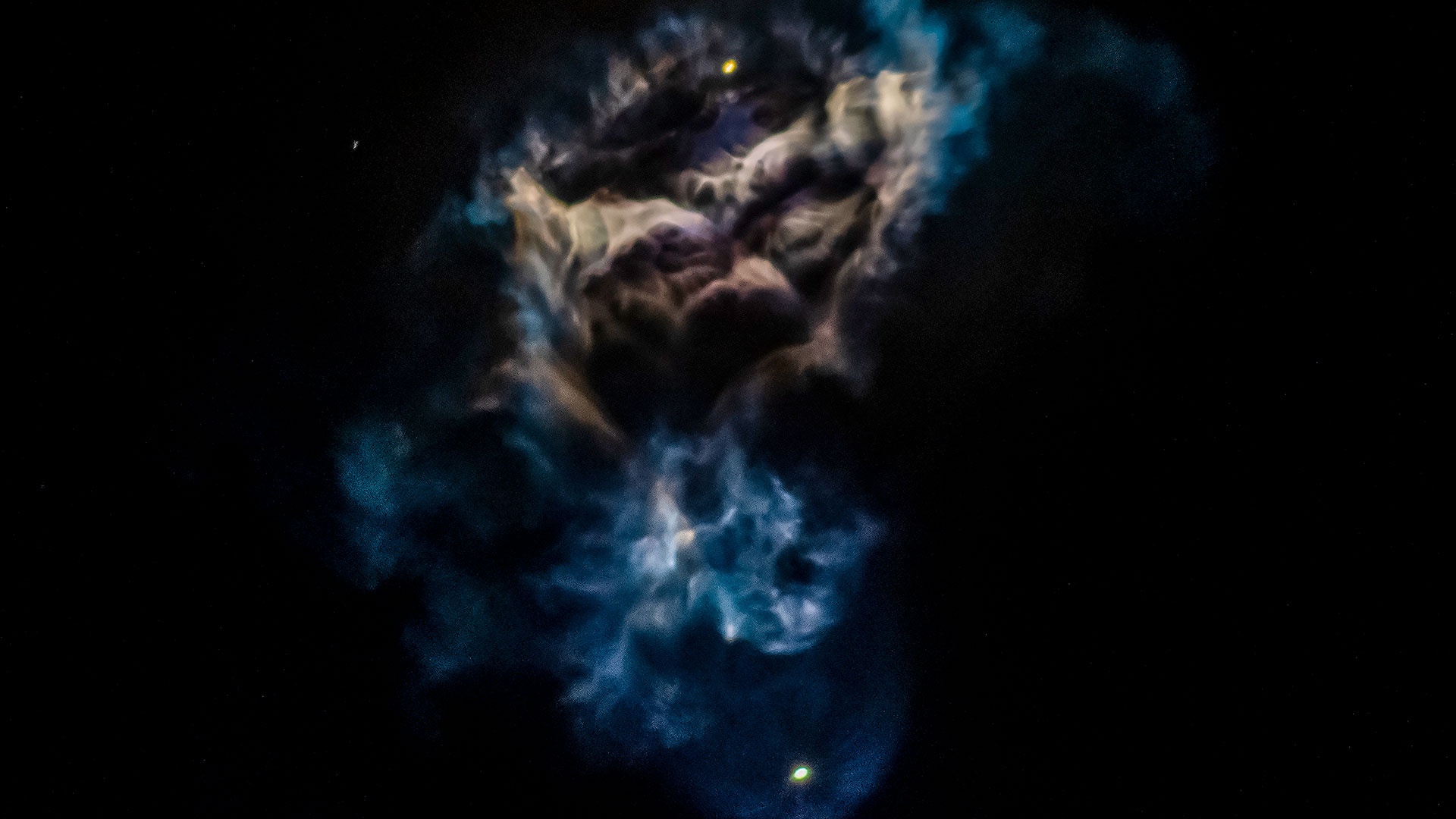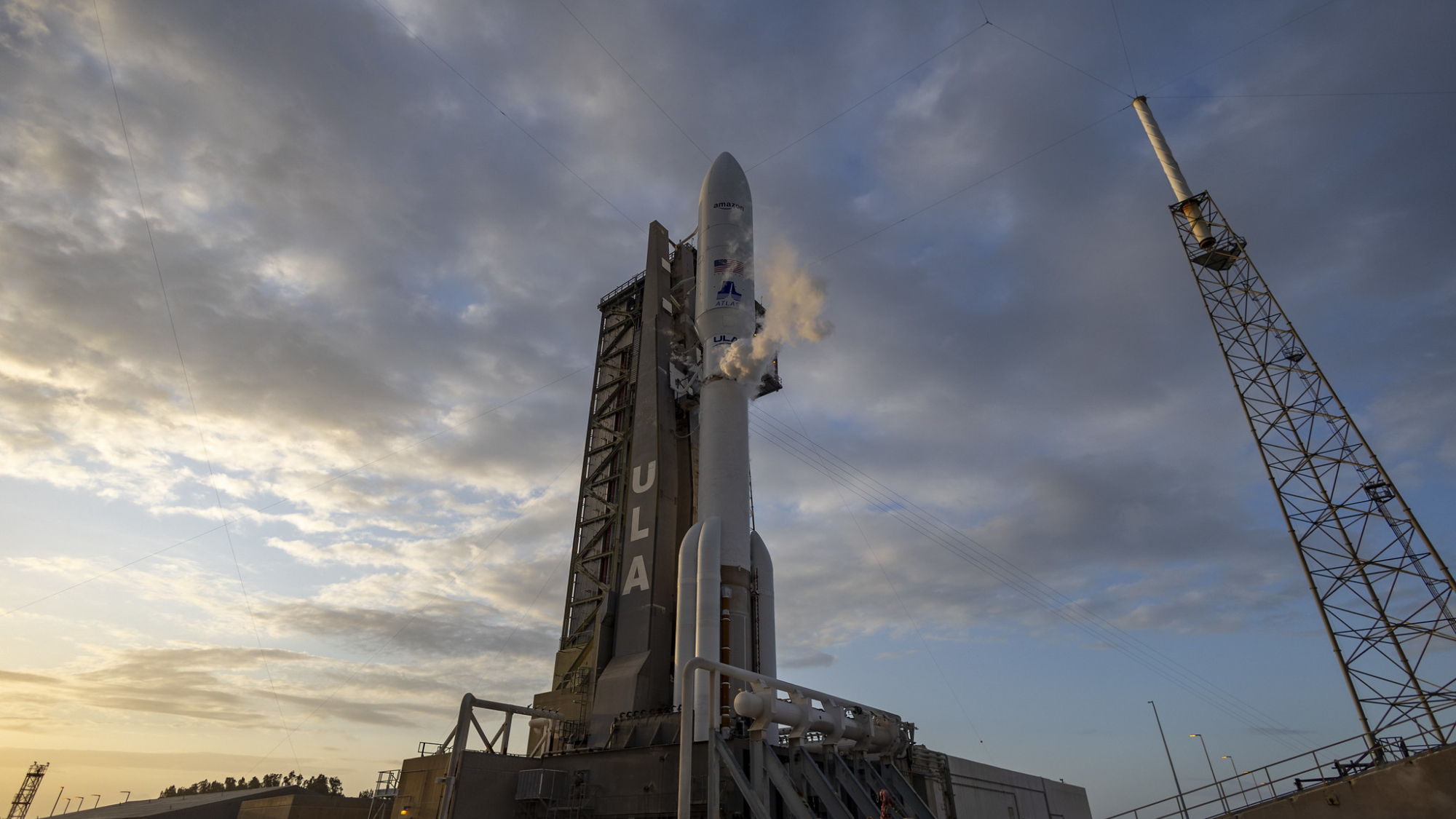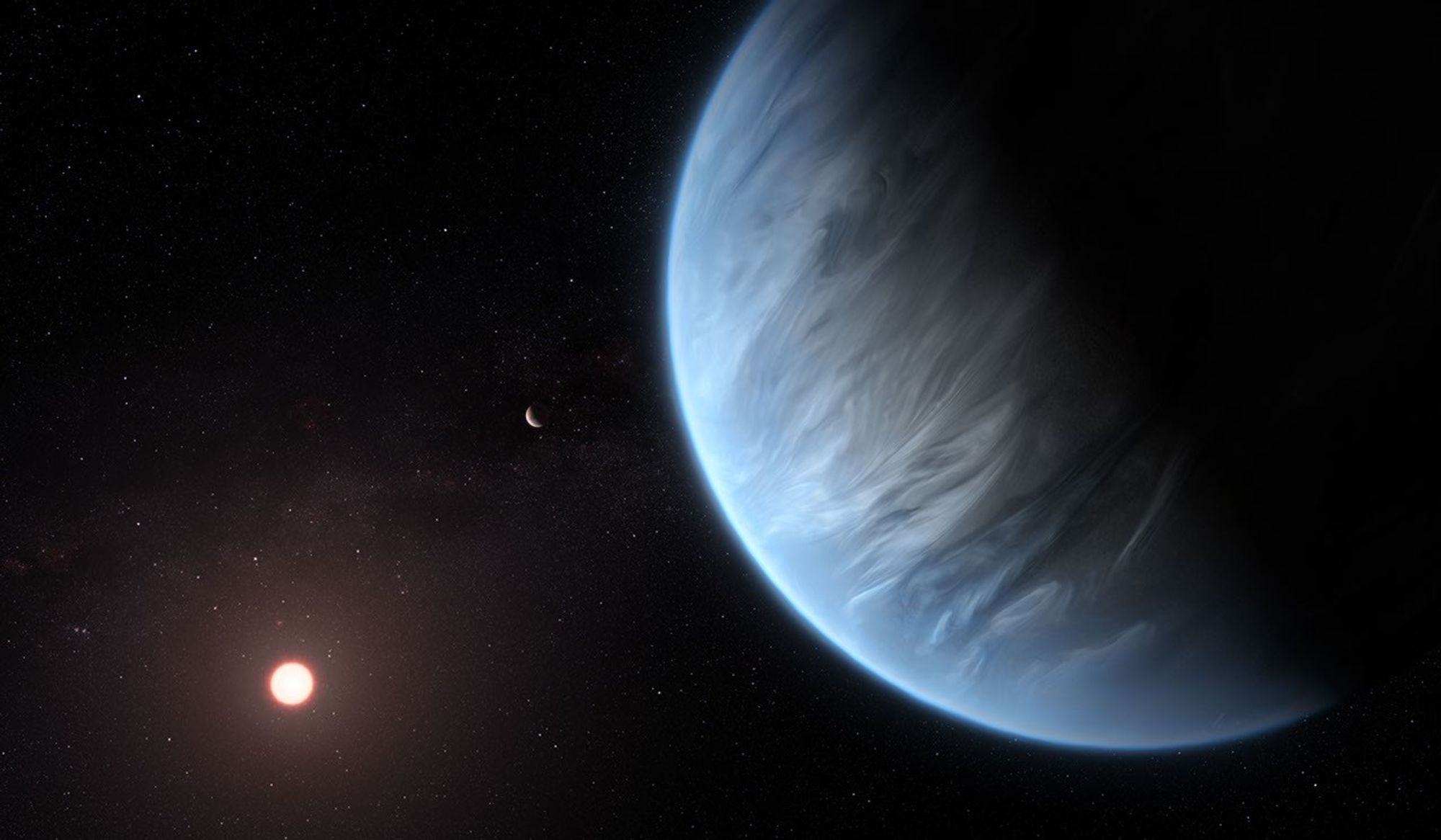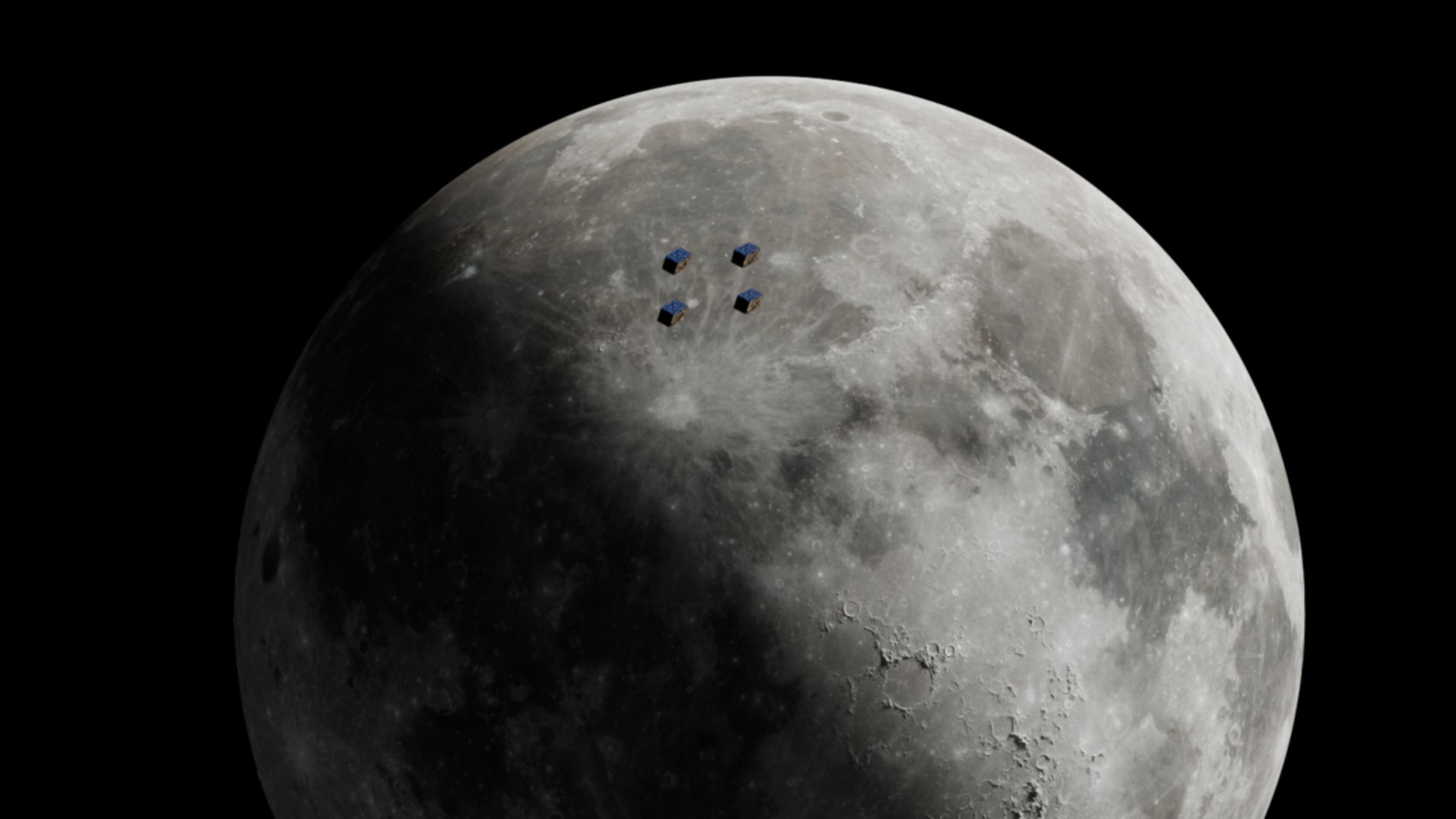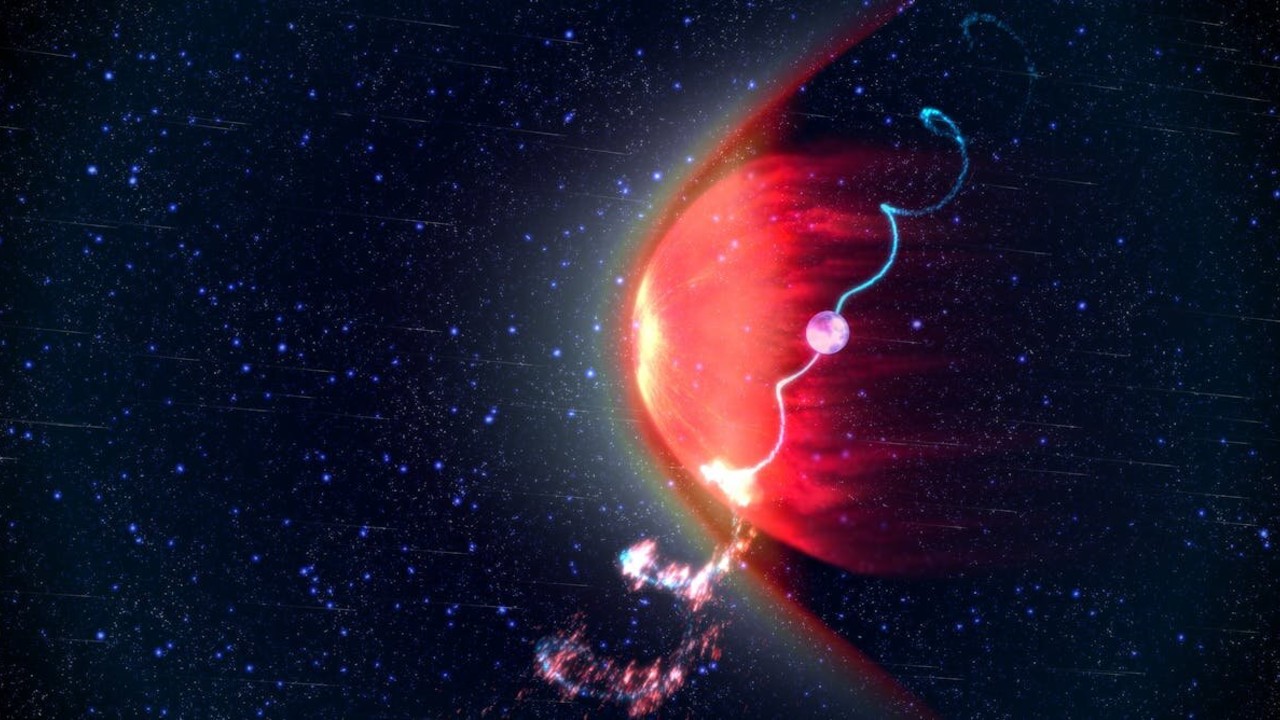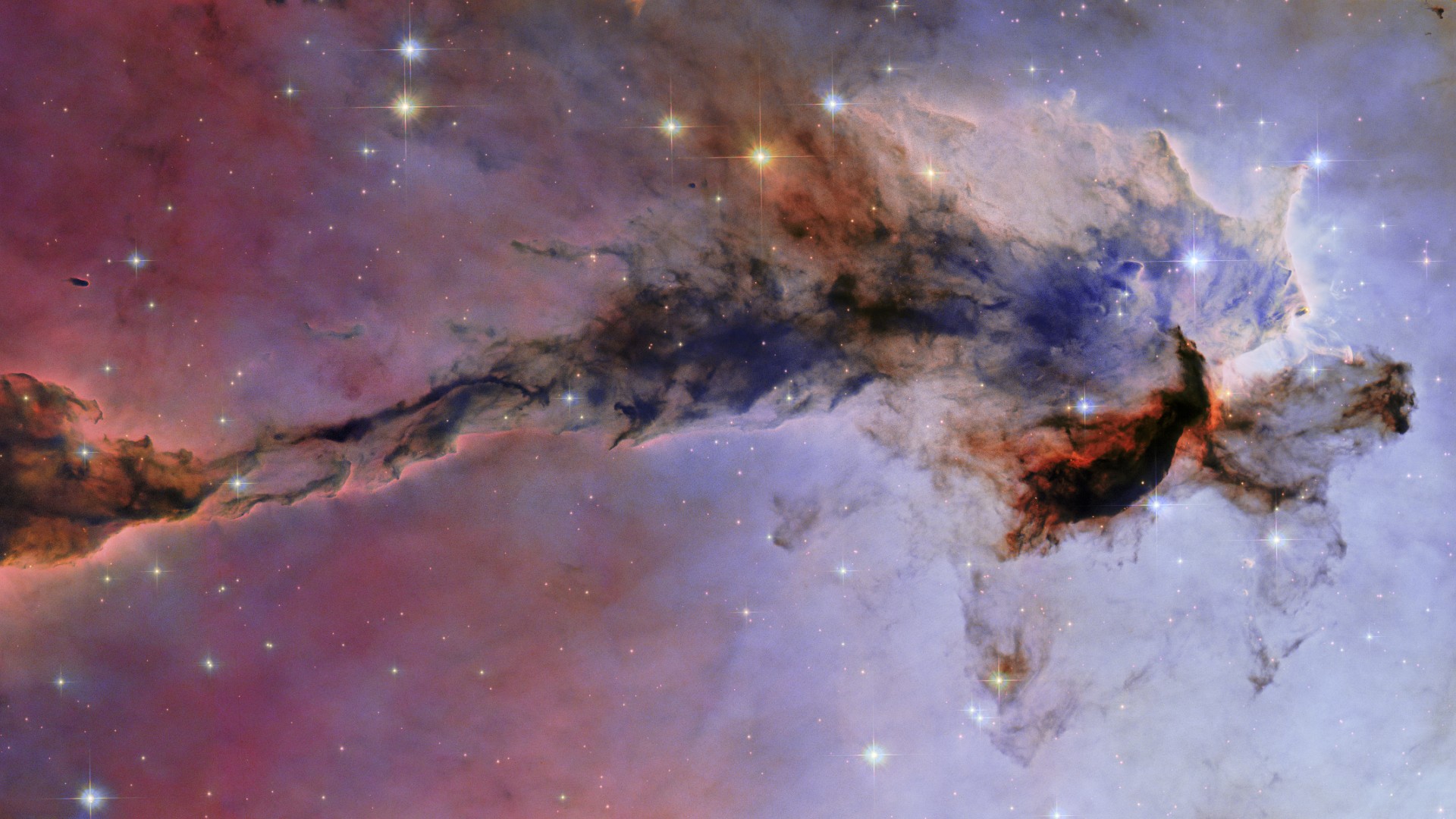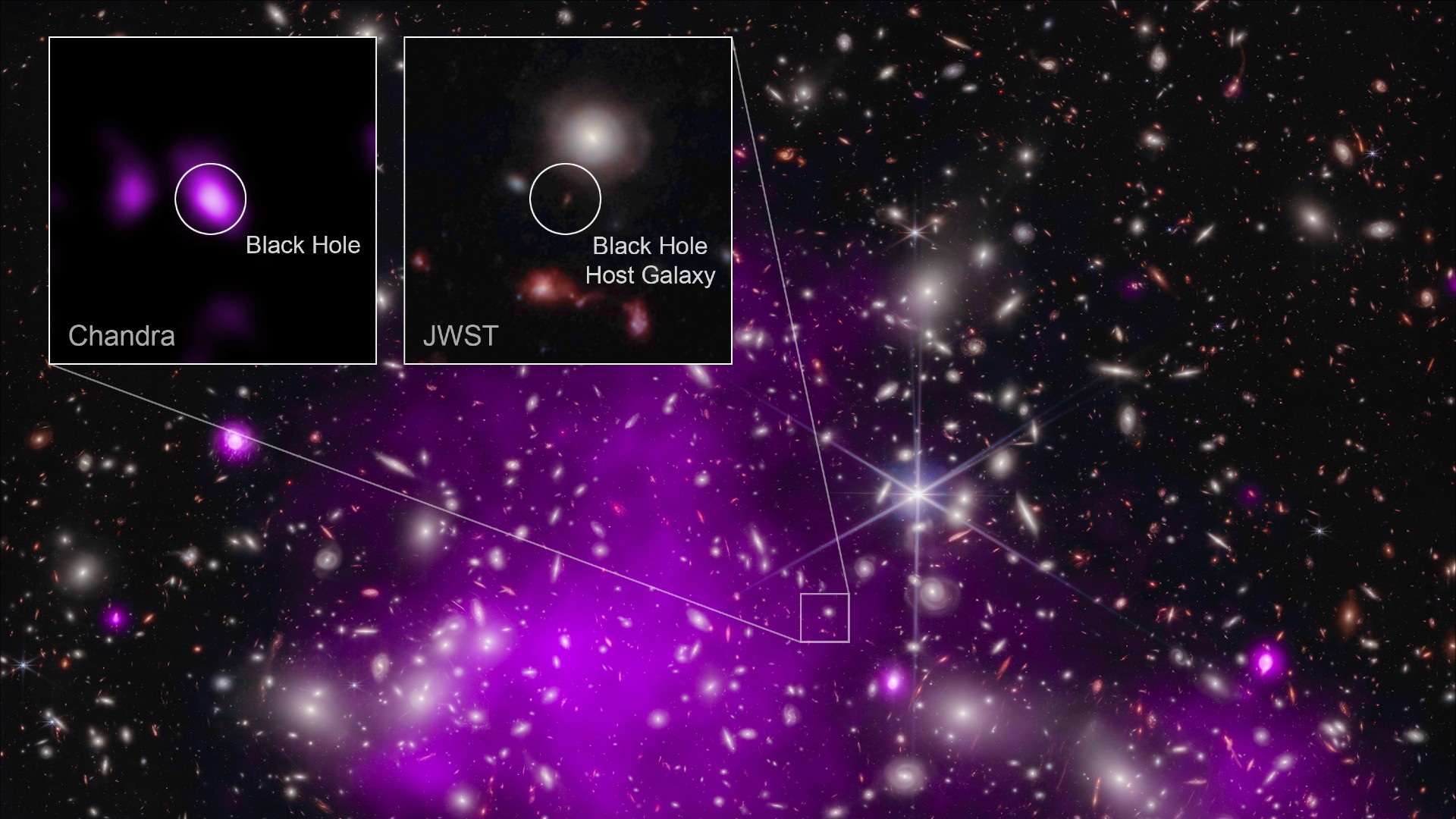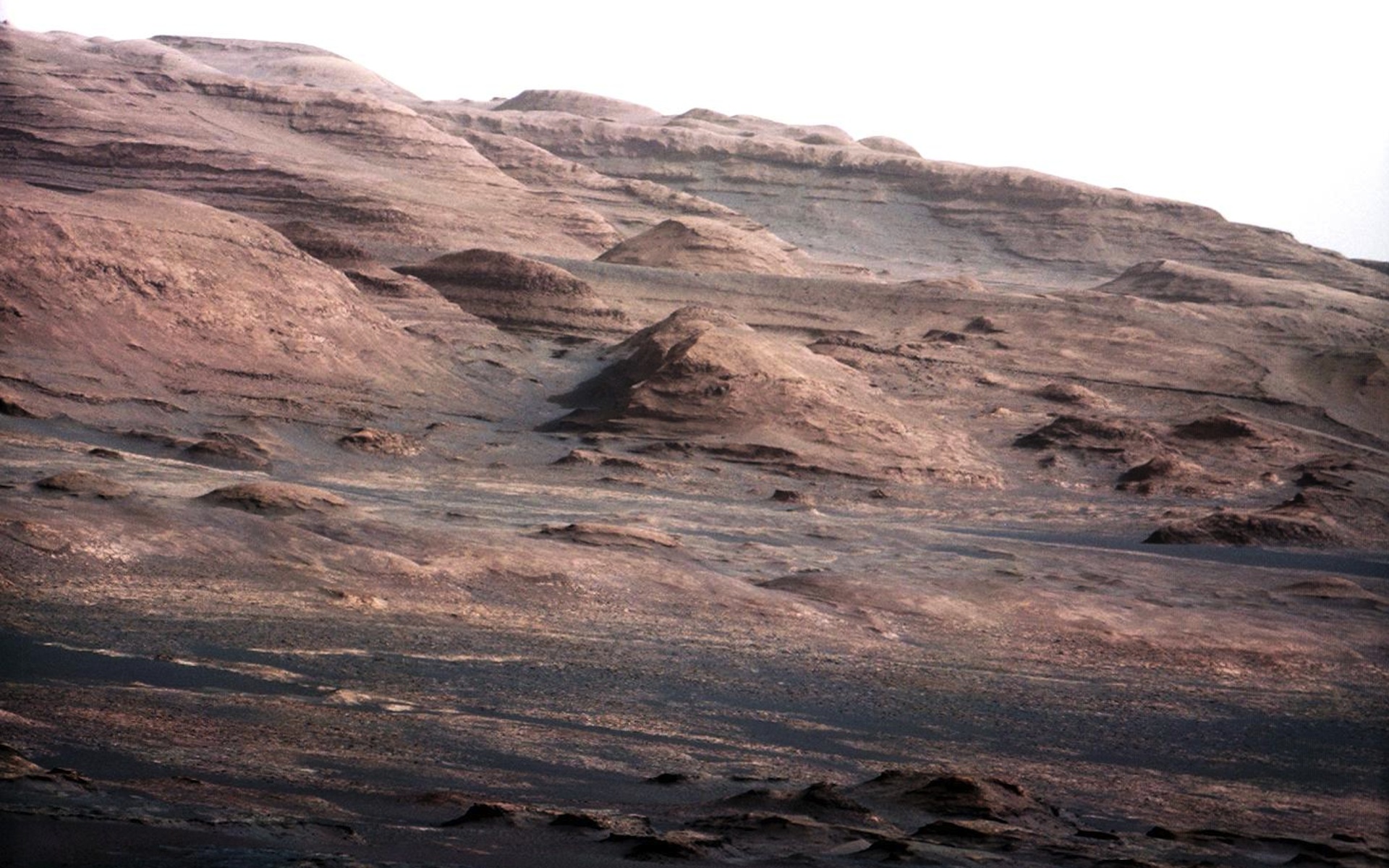Planetary Definition Showdown! As Debate Rages, One Astronomer Says 'It's All About the Atmosphere'
The biggestastronomical debate of the young millennium culminates this Thursday atInternational Astronomical Union's (IAU) meeting in Prague, where nationalrepresentatives will give thumbs up or down to IAU's latest planet definitionproposal.
LastWednesday, the IAU Executive Council (EC) offered a controversial planetdefinition which would confirm Pluto's planetary status, and instantly promote Pluto'smoon Charon, the asteroid Ceres, and the newly-discovered UB313 to planets aswell. This proposal was voted down by a wide margin two days later in aninternal vote open exclusively to the planetary community. It lost 60% of thevotes to an alternative definition proposed by Gonzalo Tancredi and JulioFern?ndez. But the real vote comes this Thursday.
Althoughthe EC's original proposalseems simple and based on physical concepts (a planet is massive enough to berounded by its gravity, orbits a star, and is neither a star nor a satellite ofa planet), the definition stirred controversy among the planetary community. Thechallenge: under the new definition, there could soon be dozens of new'planets' in our solar system. That struck many astronomers as the wrongresult.
At the sametime, two important papers dealing with the planethood definitions appeared onthe online preprint site arXiv.org. In the first paper, Dr. Steven Soter(Dept. of Astrophysics, American Museum of Natural History, NY) detailed theconcept of the gravitational dominance in the orbital zone of the planetary body,while Croatian scientist Dr. Bojan Pečnik (Dept. of Physics, Univ. ofSplit, Croatia) argued that the necessary planethood criterion should beability to keep an atmosphere.
The mostpopular alternative proposal, by Tancredi and Fern?ndez, requires the planet tobe by far the largest body in the local population, and massive enough to beround. A body rounded by its own gravity but accompanied by others of similarsize would not qualify and be called something else. This would kill theplanetary aspirations of Pluto, along with other trans-neptunian objects (TNOs),and all asteroids.
Reasoningsimilar to the alternative proposal was applied by Steven Soter in a worksubmitted to the Astronomical Journal. Soter argues that "a planet is an endproduct of disk accretion around a primary star or substar. I quantify thisdefinition by the degree to which a body dominates the other masses that shareits orbital zone."
Croatianscientist Dr. Bojan Pečnik agrees, saying "Gravitational dominance inone's orbital zone around a star or stellar remnant should be required to be aplanet, but a planet should also posses an intrinsic physical property,irrespective of the dynamics of its environment".
Get the Space.com Newsletter
Breaking space news, the latest updates on rocket launches, skywatching events and more!
Currently, the most popular property is roundness caused by object's own gravity. The problem with that definition is that celestial bodies can be maderound through processes other than those considered by the EC definition. Forexample, violent kinetic event can shatter a potato-shaped asteroid into thespherical rubble pile (which is what most likely happened to Dactyl, a 1 kilometermoon of the asteroid Ida), or an iron meteorite can experience primordialmelting and solidify into a sphere.
"Discriminatingroundness caused by gravity from roundness due to cosmogony might provedifficult for objects on the border between major and minor planets, especiallyfor the bodies far-out in the Kuiper Belt, or even more so for exoplanets",continues Pečnik.
That's whyPečnik prefers another physical property: ability of the body to keep itsatmosphere against the vacuum of the interplanetary space. In previous work,Pečnik developed a new concept needed to quantify his criterion. This wasa critical step, because earlier attempts to associate an atmosphere withplanethood failed - the criterion was not quantifiable, nor it was possible todiscriminate dilute atmospheres from vacuum.
Accordingto Pečnik's work submitted to Journal of Planetary and Space Science'sspecial issue on exoplanets, "only the ability to hold the atmosphere isrequired, not the atmosphere itself." Therefore, Mercury would likely, althoughmarginally, keep its planetary status.
With somany things happening at the same time, all bets are off what will happen onThursday in Prague. Only one thing is certain: the solar system will never beseen the same way.
George Whitesides is executive director of the National Space Society (NSS).
More on the Planet Proposals
- Pluto May Get Demoted After All
- Those Wild and Crazy Astronomers
- Earth's Moon Could Become a Planet
- Public Laughs and Shrugs at 12-Planet Proposal
- Astronomers Sharply Divided on New Planet Definition
- Adding Planets Means New Textbooks, Toys
- Nine Planets Become 12 with Controversial New Definition
- Image Gallery: The 12 "Planets"
Defining Moments: The Saga's History
- Pluto's Fate to be Decided by 'Scientific and Simple' Planet Definition
- JUNE: Definition of 'Planet' Expected in September
- 2005: Definition Debate: Planets May Soon Get Adjectives
- 2003: Controversial Proposal Would Boost Solar System's Planet Tally to 12
- 2000: What is a Planet? Debate Forces New Definition
Join our Space Forums to keep talking space on the latest missions, night sky and more! And if you have a news tip, correction or comment, let us know at: community@space.com.
